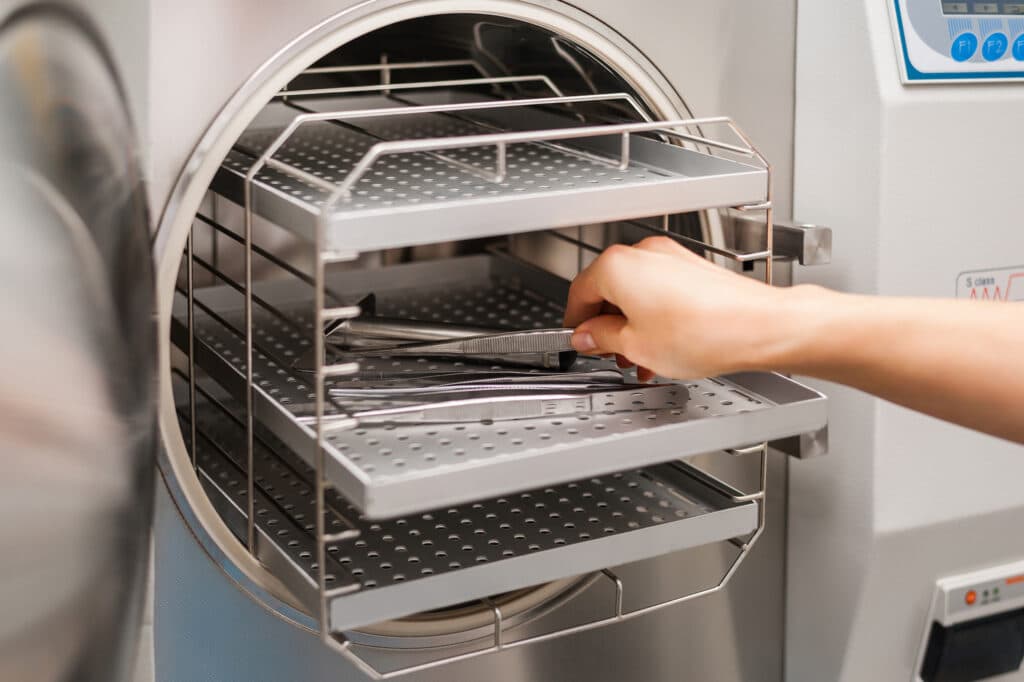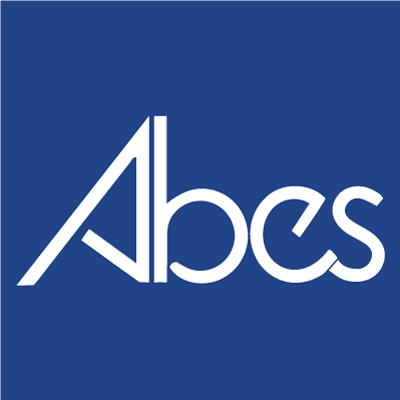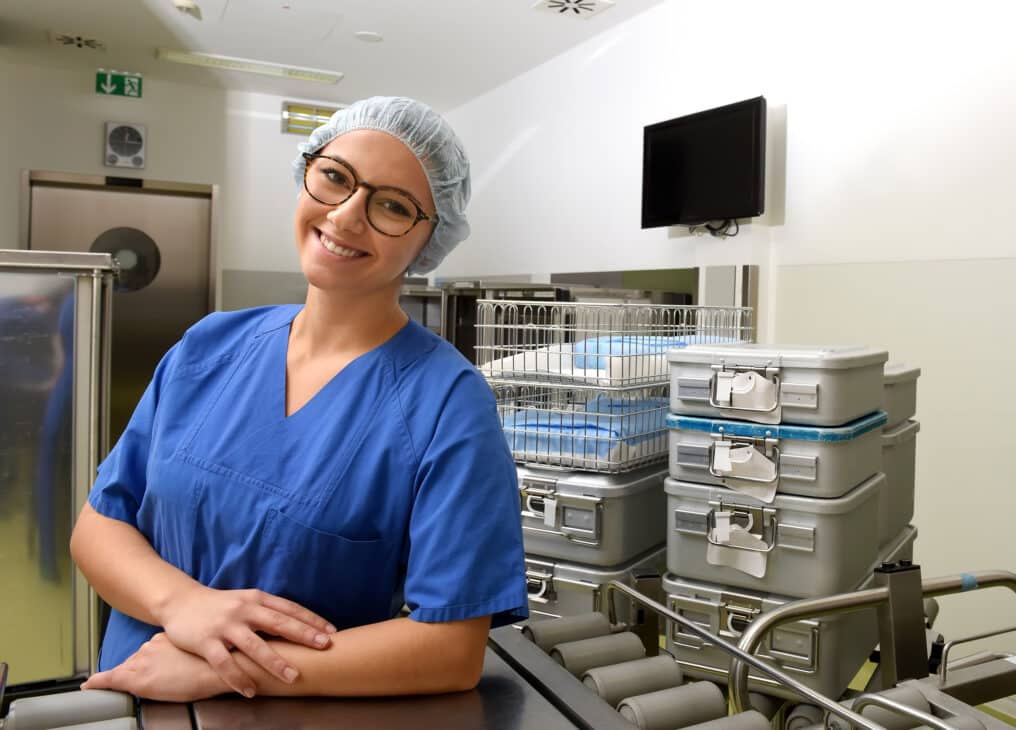Medical Device Reprocessing Technicians (MDRTs) are critical in ensuring the safety and effectiveness of healthcare services. These technicians play a key role in the sterilization, preparation, and storage of medical instruments, a fundamental aspect of patient care in any healthcare facility.
This article answers your most common questions about the MDRT career and programs in Alberta, outlining what to expect from the training, the skills you will acquire, and the opportunities available upon completion.
What is a Medical Device Reprocessing Technician?
Medical device reprocessing technicians, also known as sterile processing technicians or surgical processors, are specialized healthcare professionals responsible for the decontamination, sterilization, assembly, and storage of medical devices and surgical instruments. They ensure that all medical instruments used in surgeries and other medical procedures are safe, sterile, and ready for use.
This is the central role for maintaining the health and safety standards in healthcare facilities, which reduces infection risk and ensures the best outcomes for patients.
How can I become a Medical Device Reprocessing Technician in Alberta?
To become a Medical Device Reprocessing Technician in Alberta, you typically need to complete a certificate program offered by accredited educational institutions like ABES College. These programs provide comprehensive training in microbiology, infection control, surgical instrumentation, and sterilization techniques. A formal education ensures graduates are well-prepared for entry-level positions in hospitals, dental offices, and other healthcare facilities.
Upon completing an MDRT program, graduates are often required to obtain certification from a recognized professional body such as the Canadian Standards Association (CSA) for Medical Device Reprocessing. This certification validates the technician’s knowledge and skills, making them more attractive to potential employers and essential for career progression.
What are the prerequisites for enrolling in an MDRT program?
Before enrolling in a Medical Device Reprocessing Technician program, candidates usually need a high school diploma or equivalent. Some programs may also require additional post-secondary credits, background checks, immunization records, and a basic understanding of biology and chemistry. For example, ABES states that students must have two years of post-secondary training in health care or life sciences to qualify for admission.
Prospective students should check specific prerequisites with the educational institution or program website to ensure they meet all entry requirements.
What skills will I learn in an MDRT program?
In an MDRT program, students learn a range of critical skills, including understanding microbiology, principles of sterilization, handling and maintenance of surgical instruments, and inventory management. Additionally, the program emphasizes safety protocols, teamwork, and attention to detail, which are essential for ensuring the effectiveness of the sterilization process and overall patient safety.
How long does it take to complete the MDRT program?
The duration of a Medical Device Reprocessing Technician program can vary, but most certificate programs offered in Alberta can be completed within 12 months. This includes both classroom instruction and hands-on training through practicums or internships, providing students with real-world experience in healthcare settings.
What are the career prospects after completing the MDRT program?
Graduates of the MDRT program have a wide range of career opportunities in hospitals, surgical centers, dental clinics, and other healthcare institutions. With the increasing focus on health safety and the expansion of healthcare services, the demand for qualified reprocessing technicians is expected to grow. This career not only offers job stability but also the potential for advancement into supervisory roles or specialization in specific types of medical devices.
Is there a demand for Medical Device Reprocessing Technicians in Alberta?
Yes, there is a significant demand for Medical Device Reprocessing Technicians in Alberta. The province’s growing healthcare sector and the continuous need for strict infection control measures in medical facilities drive the demand for skilled technicians. Employment prospects are generally favourable, and the role is recognized as essential in patient care.

What does a day as a sterile processing technician look like?
Sterile processing technicians begin their day by checking inventories and preparing sterilization equipment. They meticulously clean, disinfect, and sterilize surgical instruments and medical devices.
Post-sterilization, each item is inspected for cleanliness and functionality before being packaged and labelled to maintain sterility. Technicians also manage records, maintain equipment, and restock supplies, ensuring strict adherence to safety and infection control protocols.
What are the typical working hours and conditions for a surgical processor?
Surgical processing technicians typically work in shifts since hospitals and clinics operate around the clock. Most technicians can expect to work full-time hours, which may include evenings, nights, and weekends, depending on their employer’s needs.
The role is primarily based in the sterile processing department or similar environments within healthcare facilities. Technicians work under strict guidelines to maintain a sterile environment and often stand for extended periods. Despite the physical demands, the job offers a stable and essential role in the healthcare sector, with the satisfaction of contributing directly to patient care and safety.
How much do medical device reprocessing technicians make?
According to ALIS, medical device reprocessing technicians, also known as surgical processors, typically earn an average wage of $23.86 per hour or an average salary of $39,000. With an above average outlook for the role, there is certainly an opportunity to reach higher pay scales.
Are there continuing education opportunities in the MDRT field?
Continuing education is crucial for Medical Device Reprocessing Technicians to keep up with the latest practices in sterilization and infection control. Many institutions and professional associations offer workshops, seminars, and additional certifications in advanced reprocessing techniques, leadership, and management, ensuring that technicians remain competent and competitive in their field.
Begin Your New Future Career with ABES Today
Pursuing a career as a Medical Device Reprocessing Technician is a step toward a stable and rewarding job in the healthcare sector. With comprehensive training programs available in Alberta, you can start your journey today.
Explore the MDRT program at ABES College and equip yourself with the skills needed for a promising healthcare career. Contact our admissions team today to secure your place in this vital healthcare profession!


